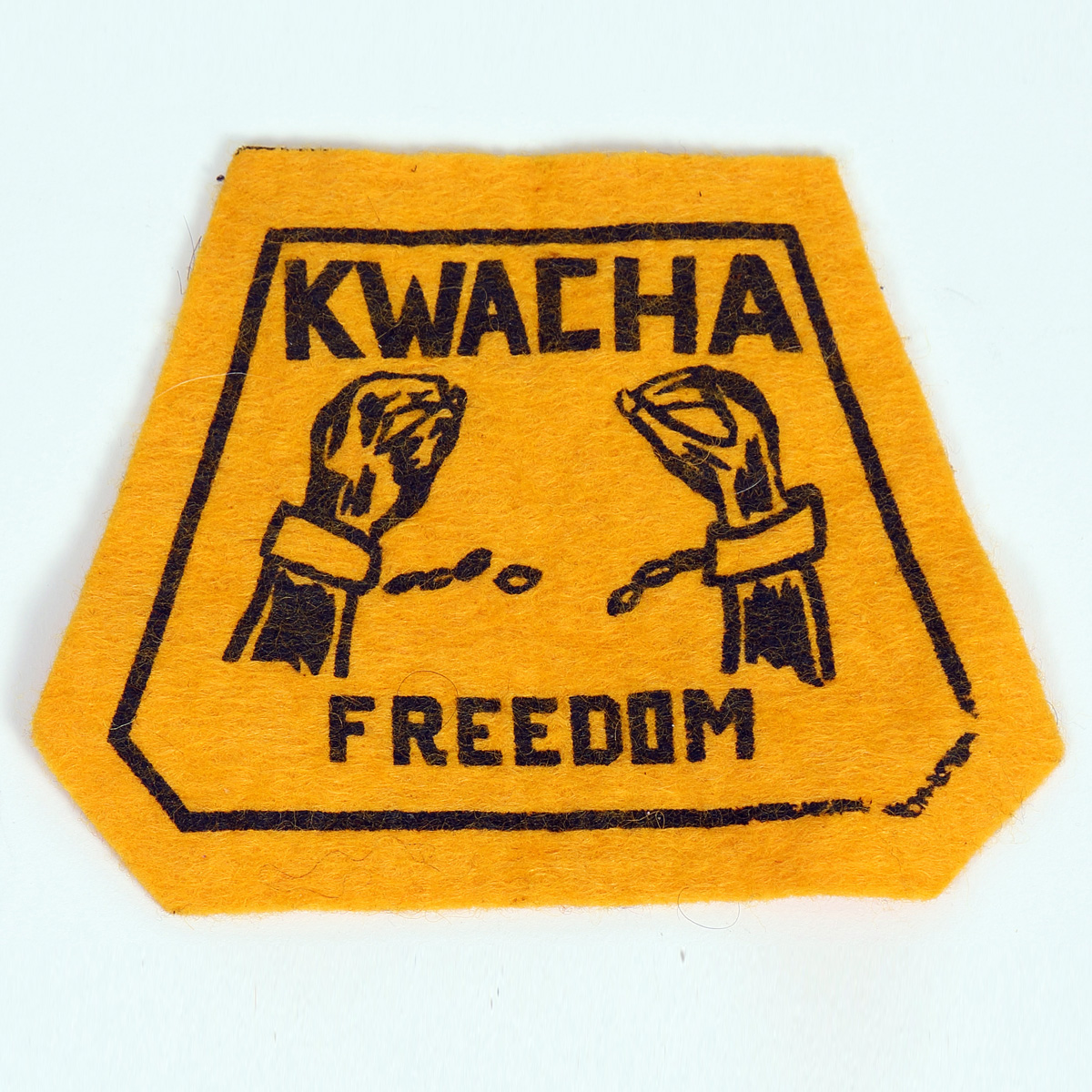Fighting for Justice
The 1960s were a turbulent time, when activists challenged old ways of seeing and doing things. Burnley Allan Jones — "Rocky" as he came to be known — was a true original in this regard. For his entire adult life, this determined and charismatic champion of racial equality and social justice made Nova Scotia and Canada better places to live.
Rocky always acknowledged that the values he lived by were those he had learned growing up in the tight-knit community known as the Marsh, one of three areas in Truro where at the time African Nova Scotians lived. As he came of age, Rocky started noticing the systemic racism he encountered in his home town, his province and his country. He made it his primary goal in life to expose and eliminate any injustices he found. Over his span of years, he sought reforms in many areas including justice, employment, housing, education and environmental racism. Rocky stood up for any individual or group whose options were being limited by racism, with a special interest in the challenges face by Nova Scotians of African descent and the Mi'kmaq.
Rocky was an inspirational speaker, but his community leadership was more than talk. He got involved at the grassroots and worked hard to bring changes. He helped establish the Black United Front of Nova Scotia and the National Black Coalition of Canada. Then he helped create the Transition Year Program and the Indigenous Blacks and Mi'kmaq Initiative, both at Dalhousie University. Then Rocky became a lawyer. He handled cases to help people at the local level and successfully argued a ground-breaking case (R. vs R.D.S.) before the Supreme Court of Canada that set a precedent for race-related litigation and contextualized judging. Ever the courageous crusader, Burnley "Rocky" Jones devoted his life to building a more just society.

